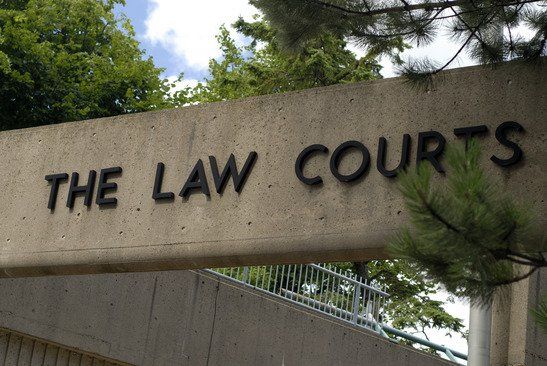Avoiding Debt Collection & IRS Scams
The proliferation of IRS scams and debt collection scams has increased exponentially with the increased availability of smartphones, texting, and the internet.
Some scams feature an old fashioned letter sent through the mail that indicates a victim should send money to another party to avoid getting sued. Other scams are delivered by text and ask the victim to click on a link and make a payment. Clicking on the link usually results in the victim losing money or having his or her information stolen.
A few years ago, the Internal Revenue Service (IRS) published an article indicating a huge increase in fraudulent behavior related to taxes:

“Taxpayers saw many more phishing scams in 2018 as the IRS recorded a 60 percent increase in bogus email schemes that seek to steal money or tax data. These schemes can endanger a taxpayer’s financial and tax data, allowing identity thieves a chance to try stealing a tax refund.”
According to the IRS, many people hand over their tax information willingly and don’t even ask questions when someone on the phone requests their personal details. The victim might think a caller is from a legitimate organization and readily offers details like credit card numbers, Social Security numbers, and addresses without thinking twice.
Here are a few ways to identify suspect communications that may actually be a “phishing” attack designed to steal money, information, and a victim’s identity.
Scams Commonly Use Hyperlinks
The IRS may demand that you pay them because of a mistake you made on your taxes, fraudulent activity on your tax return, or unpaid back taxes. However, the agency will never demand that you make an immediate payment or risk jail or a lawsuit without giving you some time to comply with their request.
According to a Fact Sheet published by the IRS:
“IRS collection employees may call or come to a home or business unannounced to collect a tax debt. They will not demand that you make an immediate payment to a source other than the U.S. Treasury.”
One of the most common ways that citizens get scammed is that the scammer will threaten to sue or arrest the victim unless he or she makes an immediate payment to a bank account. Payments for IRS debts will always go to the U.S. Treasury and the IRS will never give you the numbers to a bank account with a demand for an immediate wire transfer.
Are You Dealing With IRS Demands or Debts?
Would you like assistance from an experienced legal professional? Contact Suburban Legal Group for assistance with all matters relating to tax and IRS issues.
DISCLAIMER: All information on this website is provided for informational purposes only and is not intended to be construed as legal advice. Suburban Legal Group PC shall not be liable for any errors or inaccuracies contained herein, or any actions taken in reliance thereon.

















